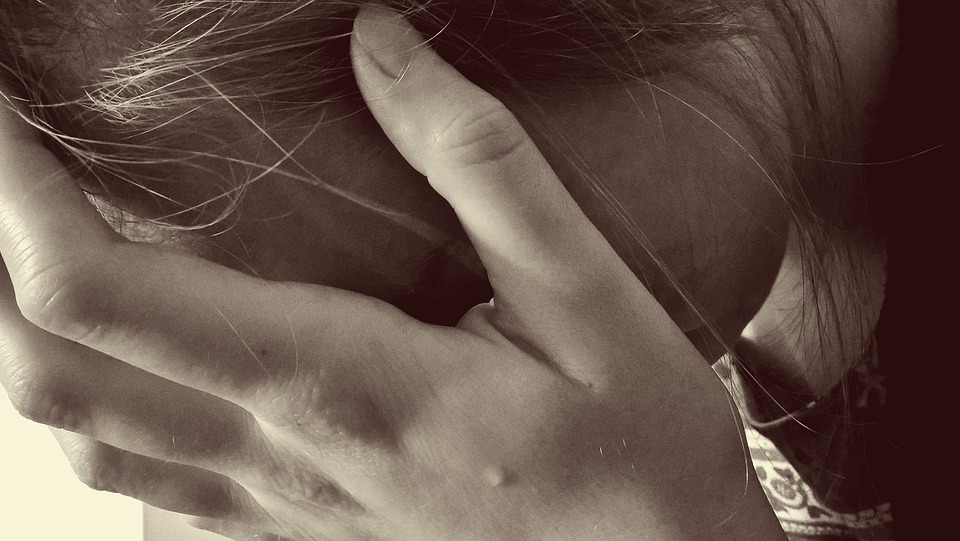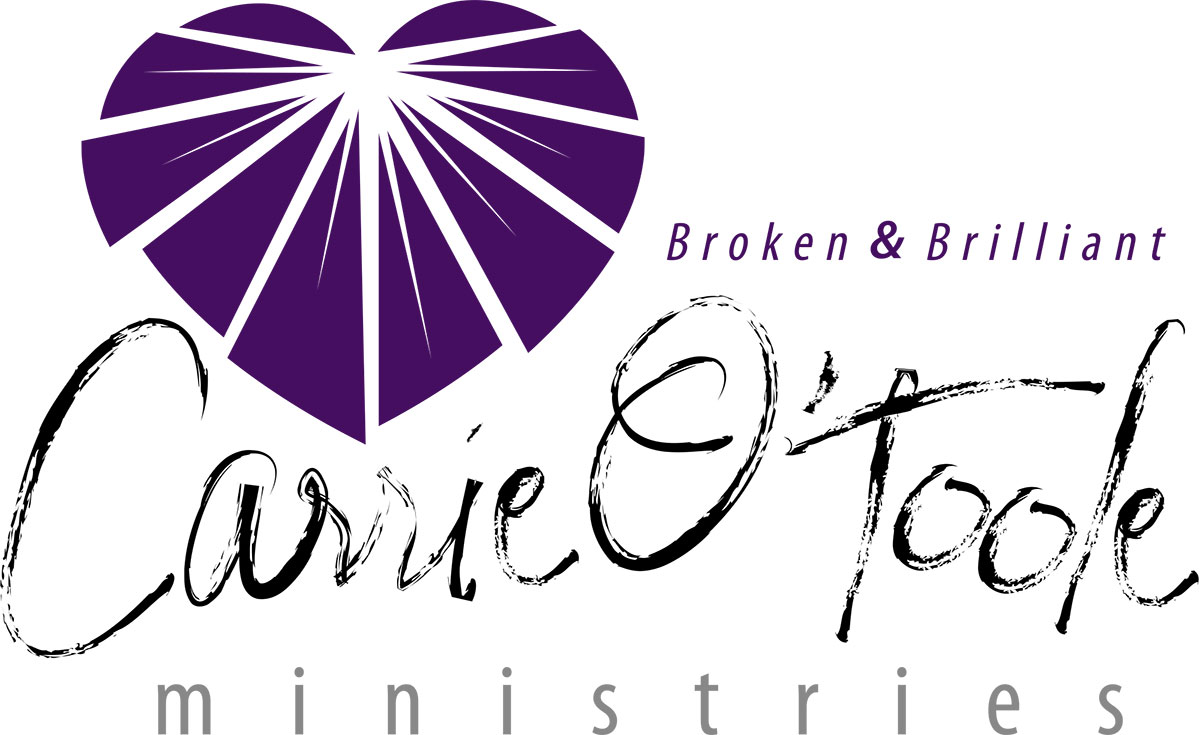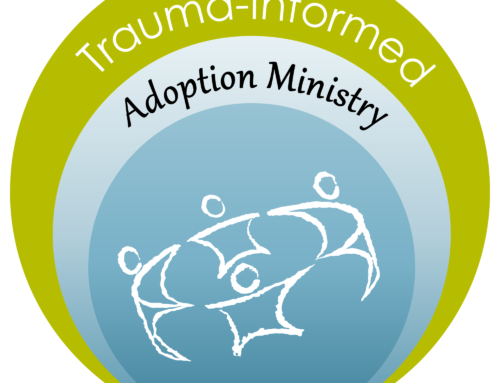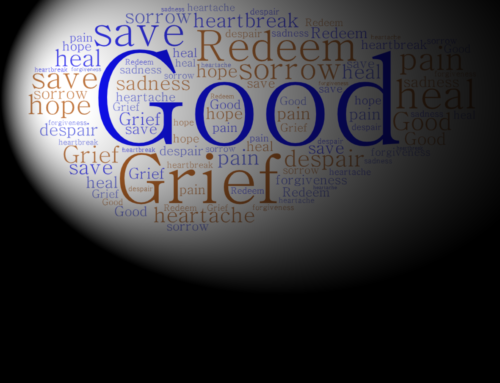
When Family Turns Against You: Parenting Kids With Trauma
We had just been out to dinner with family to celebrate a birthday. Getting ready had been a nightmare with the incessant questions, observations, and nonsense chatter. The ride there consisted of arguing and trying to calm everyone’s anxiety. During dinner, my uncle scolded me for not controlling my child better, “He just needs a good swat on the read end.” They don’t understand. This isn’t how you parent a child with early trauma.
“No one believes me.”
I’ve heard this hundreds of times. Clients share their stories of parents or other family members who used to respect them, suddenly turning against them after they bring a child with a history of trauma into their homes.
Here’s how it works: Before a child with trauma entered your family, everyone saw you as a loving, skilled, intelligent human being. You were humble, in fact, you sought wisdom and counsel. When you struggled and asked for help, you examined your part in the problem, listened to the advice of others, and made changes. You did the hard work of growth. People respected you.
Then trauma entered the picture.
Please hear me. I am not attacking the traumatized child. The child did not cause this to happen. They didn’t wish it on themselves. It’s absolutely NOT their fault.
Trauma changes people. It rewires brains. It causes children who are made to connect and attach and allow their parents to care for them to fight as if their lives depend on it.
Mom is not safe, in their wounded little eyes. She is the enemy. Love is scary. Trust is almost impossible. If they let you in, they believe they will die. So they fight you on everything. But usually not in front of other people.
In front of Grandma and Grandpa (and teachers, pastors, coaches, your best friends) they are the masters of charm. Everyone loves them. They don’t show the terror inside them, which presents itself in lying, manipulating, cruelty, injury to self or others, destruction, rages, refusal to do the most basic things. They aren’t living in fight or flight mode when others are around. No one sees it but you.
So you do what you’ve always done. You ask for help. But this time, everyone thinks YOU are the problem. They don’t understand this crazy world of trauma. It doesn’t show itself to them. So you begin to wonder if they are right. You really are the problem. Maybe you are crazy. Maybe you’re imagining all of this weird stuff you live with daily. But, you know you’re right. Why won’t anyone believe you?
This is the battle so many of my clients live daily.
I get it! I know how you feel. I’ve felt it myself. Here’s what I’ve found, both in my own life, and the lives of my clients: there is hope.
As an adoptive parent, there are steps you can take to overcome misunderstandings with your extended family.
- Remember you are a normal (somewhat) human being living in a crazy situation. People are not going to see what they can’t see. Trauma does this to people. Remember who you are. Understand that this is the nature of the beast. Don’t lose yourself in the process. Your heart hasn’t changed. If you are dealing with RAD (reactive attachment disorder), it goes with the diagnosis. No one will truly see what’s going on.That’s why the diagnosis depends on parents reporting what happens in the home.
- Until your mom, sister, uncle, or whoever they are live it, or study it, they will not understand. I’m so sorry. That’s just how it is. It stinks. Before I lived it, I never would have believed it either. It’s so much easier to just judge the parents when their kids are either misbehaving in public, or when their kids are behaving like saints in public, but the parents are stressed, anxious, angry, and exhausted.
- Remember…You are grieving. It’s so hard when those you love, and have always believed in you, suddenly don’t like what they’re seeing. And they blame you. You need to grieve their inability to understand. Grieve that they aren’t willing or able to go there with you. Grieve that you need to seek help outside of what you thought would be a great support system, when you’re already taxed to the limit. Grieve that your family isn’t as open minded as you thought they were. Grieve that they are judging you and you’ve lost the closeness you used to have (or did you?). Grieve that this is one more area that trauma has impacted.
Hang in there parents. This is a tough season you’re in. I’ve lived it. It’s heartbreaking. Now I coach other families struggling with the effects of trauma in their homes. Click here if you’d like to contact Carrie O’Toole, M.A. for a coaching appointment or speaking engagement.




